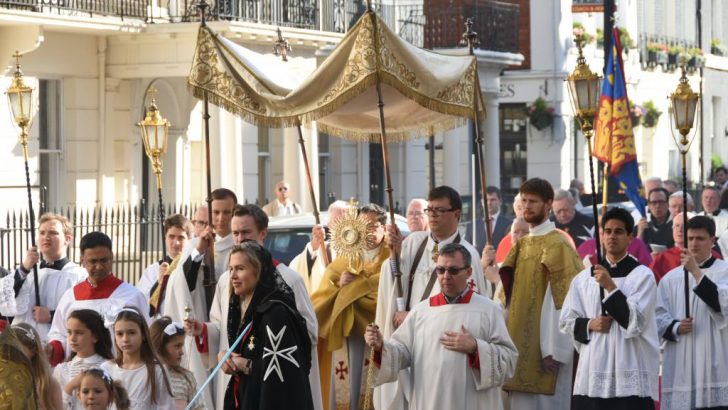“Popular opinion,” began K. Albert Little on his Twitter account @cordialcatholic a fortnight ago, continuing, “whomever is running the @USCCB twitter account is pretty much singlehandedly restoring the confidence of the laity in the clergy. Also, did I use ‘whomever’ correctly?”
Chicago-based Twitter stalwart Michael Bayer responded from @mbayer1248 astutely responded: “I can pretty much guarantee the person/team running point on this whole Twitter thing the last few days is not a member of the clergy.”
Indeed it wasn’t. Connie Poulos, who tweets from @Connie_Ann, has run the American bishops’ social media accounts for the past two years, but in the face of ongoing controversy around the hierarchy and the Church, the bishop’s Spring general assembly saw a different approach being taken.
“With all the recent things that have happened just before this particular meeting, we decided…let’s be out there,” Connie tells Michael O’Loughlin in a brilliant americamagazine.org piece entitled ‘Want to rage-tweet the bishops? Their Twitter account is ready to listen’.
In truth, it has probably been centuries since the average informed Briton would have recognised a Corpus Christi procession”
One tweet in particular was meant to spur conversation, asking “If you are a young Catholic who is still Catholic, what has made you stay?” With over 1,200 responses in just over 24 hours, what was all the more impressive was the extent to which the bishops’ twitter account engaged with the responses, when they were highly critical.
Anyone serious about how the Church should engage on today’s ‘digital continent’ should study how the account has operated over recent weeks, thinking carefully about how our own bishops could consider how God “uses the internet to reach people”.
***
A pointer as to the importance of this came just last week when Jess Brammar, executive editor of huffingtonpost.co.uk, tweeted a video of a Corpus Christi procession, and asked “What the actual…is going on on Oxford Street right now?”
Journalist Sohrab Ahmari initially responded from @SohrabAhmari by saying “the Creator of the universe passed by you, only under the appearance of bread”, but then needlessly added: “Also, it’s a sad comment on the state of British education and journalism that the executive editor of HuffPo UK knows so little about the beliefs and liturgies of Christianity.”
In reality it’s nothing of the sort, as Niall Gooch pointed out from @niall_gooch when retweeting the original @jessbrammar comment.
“I’m glad that at least some of the Christian comments on this weren’t snide. CC processions are not widely seen in the UK, and haven’t been for a very long time. It’s not an act of cultural ignorance to not recognise one,” he said, adding: “Catholics need to get out of the defensive crouch.”
***
In truth, it has probably been centuries since the average informed Briton would have recognised a Corpus Christi procession, and it may not be helping that misinformation about the age when British Catholicism was at its most robust continues to be rife. Dr Eleanor Parker, of Oxford’s Brasenose College, continues to be a constant source of online enlightenment through her @ClerkofOxford twitter account.
It’s worth looking at her retweeting of a description of early Tudor Corpus Christi processions, and her fascinating June 16 dismantling of a section on relics in a documentary about medieval Canterbury, showing in enthralling detail how recycled clichés – sectarian, misogynistic, racist clichés at that – can become part of our mental landscape.
“I don’t think the Channel 4 clip is consciously replicating Victorian prejudices,” she says. “But the act of selection – picking a few uncontextualised, unrepresentative items, on the principle that they sound weird – has been directly shaped by a profoundly biased tradition of scholarship.”
***
Elsewhere on the internet, Msgr Eric Barr asks ‘What in the world is Cardinal Burke doing?’ in a patheos.com/blogs/ericbarr piece about the apparently progressive campaign to establish a “parallel magisterium”, while at wherepeteris.com, Stephen Walford addresses the seemingly “endless stream of ‘doctrinal declarations’, ‘corrections’, and ‘clarifications’ [that] continues to cause confusion and scandal for the Faithful” in a post entitled ‘A Warning from History: St Paul VI, the Magisterium, and Theology’. As ever, it’s enlightening stuff.


 Greg Daly
Greg Daly Corpus Christi Procession, London
Corpus Christi Procession, London 